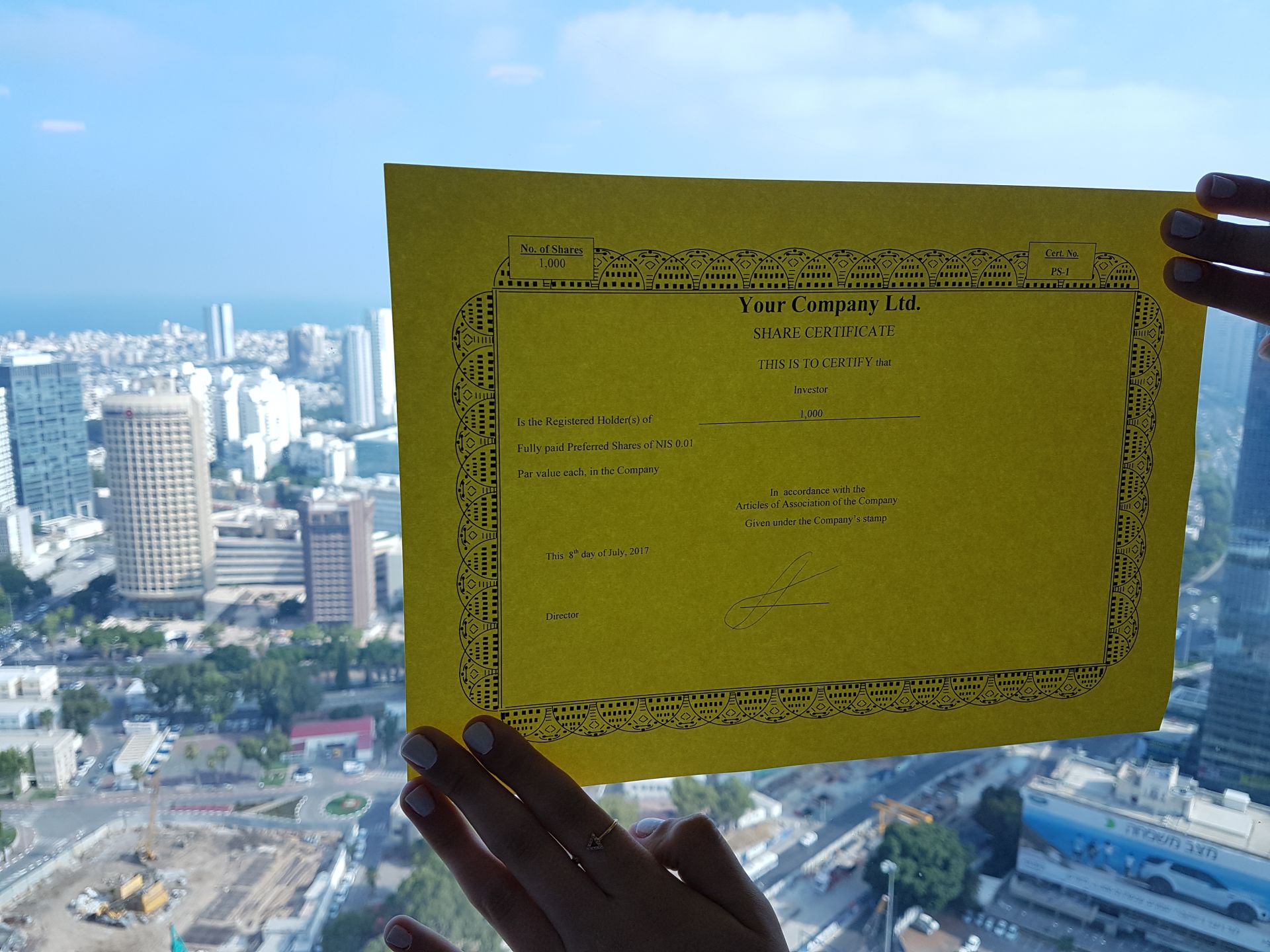Due Diligence on Founders as done by top VCs
05.07.2022

If you’re a founder pitching to a VC, chances are that investors are going to do due diligence not just on your company, but you and your founding team too. We call this “founder diligence”.
In part one of this series I wrote about how this process is failing investors and founders. Too often, evaluation processes are built on personality tests and frameworks that don’t capture founders’ potential to develop.
But putting aside the question of how good or not due diligence is, the best way for founders to get ahead of the curve is to understand what founder diligence looks like across funds. I spoke to six European funds about their processes: Northzone, EQT Ventures, Entrepreneur First, HV Capital, EKA Ventures and Digital+ Partners.
Based on proprietary fund insights/support-oriented: Northzone and Digital+ Partners
Elena Pantazi, talent partner at Northzone, says the VC looks for six dimensions in a founder; while the first three are considered on a “more the merrier” scale, the latter three have to balance out advantages and risks.
According to the firm, they look for founders with (1) a deep drive and personal motivation to be an entrepreneur, paired with (2) a growth mindset and openness for self-development. This in turn, enables them to (3) attract talented people around them when scaling the business. Similarly, they view (4) having a healthy dose of self-confidence as a positive attribute that enables founders to go through the rough patches while staying humble. Finally, in terms of skill-sets, they (5) encourage founders to identify their own superpower and evolve into a thought partner across other business functions without (6) needing to exert too much control across all areas.
“We don’t want to exclude ‘spiky’ founders — such as having a chip on the shoulder or having something to prove to the world — but to facilitate their success given the knowledge of their true strengths and uniqueness,” Pantazi says.
Digital+ Partners evaluates founders through a range of interactions, including the founder’s participation in deal meetings and pitches, and throughout the entire due diligence process. The assessments inform the investment decision, but also what support to provide post-investment, and are based on five dimensions: leading self, leading others, leading by results, leading as a founder and leading with knowledge.
Nicole Schneider, a chief people officer and partner, uses what she calls “embedded analysis” throughout the evaluation and sorts her findings into five categories. She is both part of the diligence process and sits on the investment committee.
“In the diligence process, I participate in most of the meetings and observe teams and individuals: how do they act? How do they respond to questions? How do they interact with each other? Sometimes, I also provoke and push founders on their answers, to see how they react,” she says.
With all these points organised, Schneider sits down to write her analysis which, when complete, goes to the Digital+ Partners team for their feedback and to reduce bias.
The firm doesn’t use one specific tool or standardised tests, but it does sometimes suggest founders go to a Swiss institute for a psychological evaluation to help their personal development and also offers advice on coaches available for founders specifically.
Science-based/support-oriented: HV Capital and EQT Ventures
Anna Ott, VP of people at HV Capital, says: “It’s quite simple. The more self-aware founder is better prepared for the journey. If you’d ask me for the pyramid of founder qualities, I’d put self-awareness right at the bottom. But on top are leadership capabilities, domain expertise, (preferably) entrepreneurial background and a good portion of ‘raw intelligence’.”
Ott says that she and her colleagues start a dialogue with founders about their personal growth and coaching as early as possible. “If they were against deepening their self-awareness, that would be a red flag, but it hardly ever happens,” she says.
HV also explores external tools like StrengthsFinder or consulting firms like Synthesis to provide assessments upon request. In either case, it’s the founder’s choice if they want to share their evaluation with anyone, including investors. Ott says it’s “more important that our founders deepen their self-awareness. With the method that works best for them.”
HV also looks at founders’ support structure: their coaches, mentors or industry veterans. The firm also offers recommendations of suitable coaches for tech startup entrepreneurs. Ott says more and more founders open up about their personal growth, e.g. in development-oriented communities like Entrepreneurs’ Organization (EO) or with their peers.
These abilities also don’t necessarily have to have been demonstrated in work or study, but in hobbies, side projects or sports. They are:
- Challenges convention: individuals who have taken surprising paths or decisions or challenged the status quo, compared to their peers.
- Drive to achieve: individuals with a bias to action, who are driven to build and create.
- Followership: individuals who have had people follow their decisions and actions in the past and can unite people around a common goal.
- Smart, with clarity of thought: individuals with problem-solving skills to tackle the macro and the micro. They can develop and communicate complex ideas to a range of stakeholders.
- Technical knowledge, and applicability or commerciality: EF looks for technical knowledge from potential future chief technology officers (CTOs) and specifically, individuals with the ability to apply this knowledge to solve problems, or “applicability”. And with CEO candidates, EF looks for an understanding of technology as it can be applied across industries and how that relates to the customer, or their “commerciality”.
As the VC industry expands and professionalises, founder diligence will have to as well.
In part one of this series I wrote about how this process is failing investors and founders. Too often, evaluation processes are built on personality tests and frameworks that don’t capture founders’ potential to develop.
But putting aside the question of how good or not due diligence is, the best way for founders to get ahead of the curve is to understand what founder diligence looks like across funds. I spoke to six European funds about their processes: Northzone, EQT Ventures, Entrepreneur First, HV Capital, EKA Ventures and Digital+ Partners.
Based on proprietary fund insights/support-oriented: Northzone and Digital+ Partners
Elena Pantazi, talent partner at Northzone, says the VC looks for six dimensions in a founder; while the first three are considered on a “more the merrier” scale, the latter three have to balance out advantages and risks.
According to the firm, they look for founders with (1) a deep drive and personal motivation to be an entrepreneur, paired with (2) a growth mindset and openness for self-development. This in turn, enables them to (3) attract talented people around them when scaling the business. Similarly, they view (4) having a healthy dose of self-confidence as a positive attribute that enables founders to go through the rough patches while staying humble. Finally, in terms of skill-sets, they (5) encourage founders to identify their own superpower and evolve into a thought partner across other business functions without (6) needing to exert too much control across all areas.
“We don’t want to exclude ‘spiky’ founders — such as having a chip on the shoulder or having something to prove to the world — but to facilitate their success given the knowledge of their true strengths and uniqueness,” Pantazi says.
Digital+ Partners evaluates founders through a range of interactions, including the founder’s participation in deal meetings and pitches, and throughout the entire due diligence process. The assessments inform the investment decision, but also what support to provide post-investment, and are based on five dimensions: leading self, leading others, leading by results, leading as a founder and leading with knowledge.
Nicole Schneider, a chief people officer and partner, uses what she calls “embedded analysis” throughout the evaluation and sorts her findings into five categories. She is both part of the diligence process and sits on the investment committee.
“In the diligence process, I participate in most of the meetings and observe teams and individuals: how do they act? How do they respond to questions? How do they interact with each other? Sometimes, I also provoke and push founders on their answers, to see how they react,” she says.
With all these points organised, Schneider sits down to write her analysis which, when complete, goes to the Digital+ Partners team for their feedback and to reduce bias.
The firm doesn’t use one specific tool or standardised tests, but it does sometimes suggest founders go to a Swiss institute for a psychological evaluation to help their personal development and also offers advice on coaches available for founders specifically.
Science-based/support-oriented: HV Capital and EQT Ventures
Anna Ott, VP of people at HV Capital, says: “It’s quite simple. The more self-aware founder is better prepared for the journey. If you’d ask me for the pyramid of founder qualities, I’d put self-awareness right at the bottom. But on top are leadership capabilities, domain expertise, (preferably) entrepreneurial background and a good portion of ‘raw intelligence’.”
Ott says that she and her colleagues start a dialogue with founders about their personal growth and coaching as early as possible. “If they were against deepening their self-awareness, that would be a red flag, but it hardly ever happens,” she says.
HV also explores external tools like StrengthsFinder or consulting firms like Synthesis to provide assessments upon request. In either case, it’s the founder’s choice if they want to share their evaluation with anyone, including investors. Ott says it’s “more important that our founders deepen their self-awareness. With the method that works best for them.”
HV also looks at founders’ support structure: their coaches, mentors or industry veterans. The firm also offers recommendations of suitable coaches for tech startup entrepreneurs. Ott says more and more founders open up about their personal growth, e.g. in development-oriented communities like Entrepreneurs’ Organization (EO) or with their peers.
These abilities also don’t necessarily have to have been demonstrated in work or study, but in hobbies, side projects or sports. They are:
- Challenges convention: individuals who have taken surprising paths or decisions or challenged the status quo, compared to their peers.
- Drive to achieve: individuals with a bias to action, who are driven to build and create.
- Followership: individuals who have had people follow their decisions and actions in the past and can unite people around a common goal.
- Smart, with clarity of thought: individuals with problem-solving skills to tackle the macro and the micro. They can develop and communicate complex ideas to a range of stakeholders.
- Technical knowledge, and applicability or commerciality: EF looks for technical knowledge from potential future chief technology officers (CTOs) and specifically, individuals with the ability to apply this knowledge to solve problems, or “applicability”. And with CEO candidates, EF looks for an understanding of technology as it can be applied across industries and how that relates to the customer, or their “commerciality”.
As the VC industry expands and professionalises, founder diligence will have to as well.











